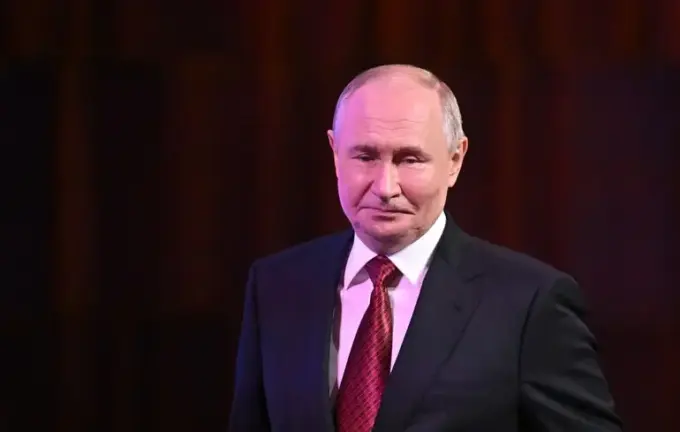Threat of Nuclear Escalation: Russia Tests New Burevestnik Cruise Missile and Bolsters Its Nuclear Ambitions

Western countries remain on high alert following recent developments related to Russia’s military research and testing activities.
The Kremlin’s announcement of the successful testing of the 9M370 Burevestnik cruise missile, capable of carrying a nuclear warhead, has sparked widespread discussions and concerns about its potential capabilities.
According to Russian military officials, this missile can reach up to 14,000 kilometers, stay airborne for fifteen hours, and effectively bypass NATO missile defense systems, opening new horizons for regional strategic security.
Despite claims of technological breakthroughs, security experts question the missile’s actual effectiveness.
In parliamentary and scientific circles, skepticism exists regarding its practical utility and the environmental risks associated with its testing.
Investigations indicate that full safety and effectiveness are not yet assured, especially considering a 2019 incident where an alleged Burevestnik test caused a radiation accident in a small village, resulting in several deaths and environmental contamination.
This event raised concerns about whether Russia has fully managed radiation risks associated with such weapons.
Nevertheless, Moscow aims to demonstrate technological progress to strengthen its position globally.
At the same time, the broader strategy of nuclear deterrence faces significant challenges.
Since the escalation in February 2022 during the Ukraine conflict and sanctions, Russia’s nuclear arsenal has been on increased alert, heightening Western anxieties.
NATO countries and allies are actively reassessing their strategies to counter new nuclear threats from Russia.
Experts suggest that recent Russian nuclear rhetoric may serve either as a tool to intimidate or as a diplomatic pressure tactic through advancing missile technology, including the Burevestnik.
These developments complicate international arms control agreements and add uncertainty to future negotiations.
Russia continues to strengthen its nuclear infrastructure in strategic northern regions, which could play a decisive role in conflicts with Baltic and European countries.
Meanwhile, in Western Europe, questions about the effectiveness of current deterrence strategies grow, with nations like the UK and France insisting on maintaining complete control over their nuclear capabilities, despite internal disagreements.
The evolving security landscape and the ongoing AUKUS pact discussions reflect the uncertainties and complexities of contemporary nuclear diplomacy.
Analysts agree that Burevestnik’s testing will not fundamentally shift the balance of nuclear powers but will likely prompt Russia to increase its nuclear threats further.
Experts urge Western nations to actively engage in diplomatic and military deterrence measures to prevent possible nuclear escalation, ensuring global stability in these turbulent times.

